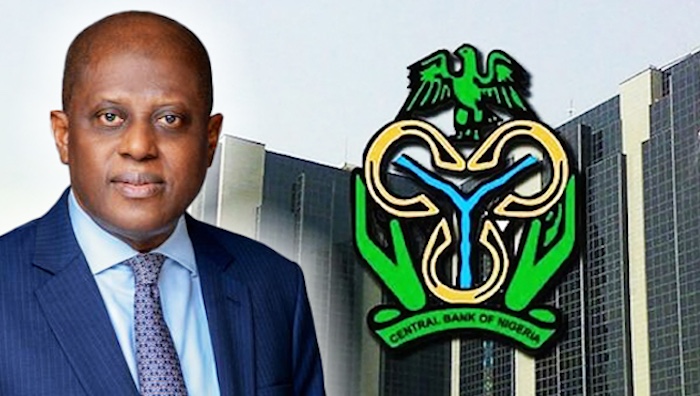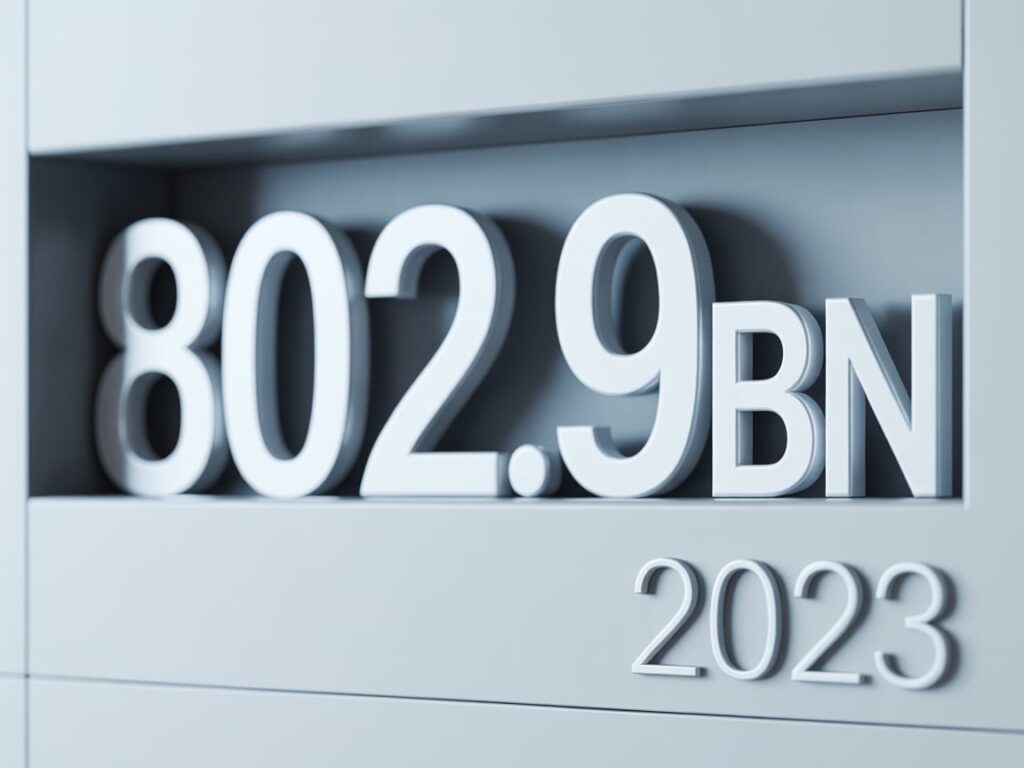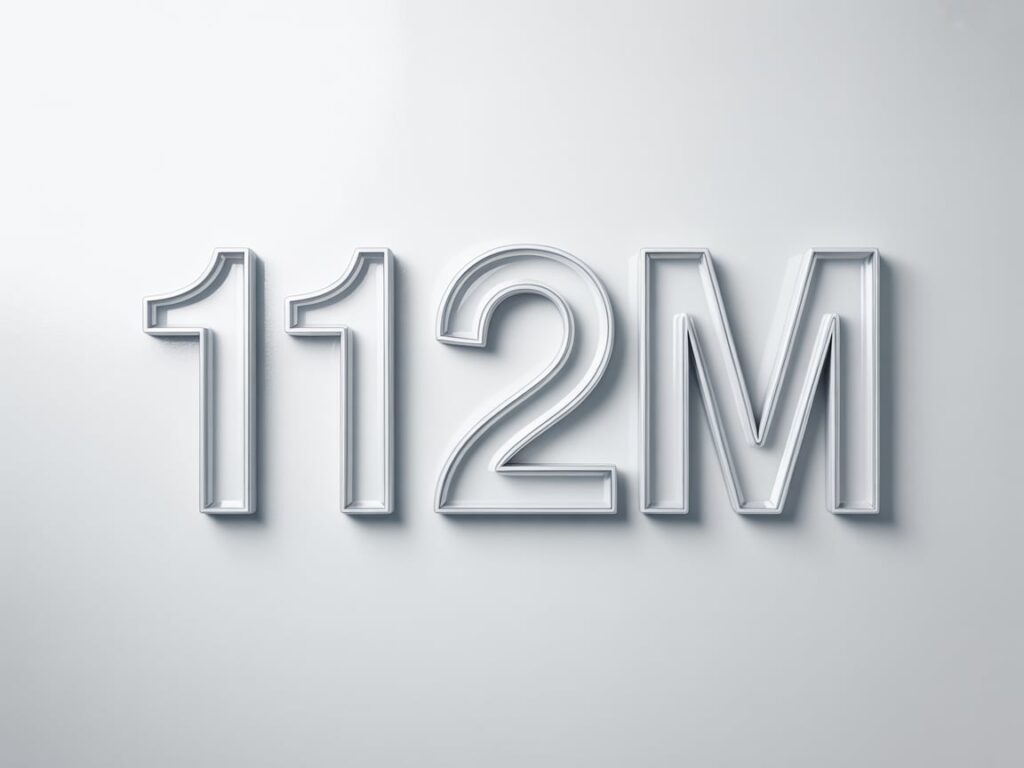CBN Cuts Federal Government Loans by Over N4trillion
CBN cuts government borrowing and stops failed loan programmes

The Central Bank of Nigeria has reduced its loans to the Federal Government by over ₦4.1 trillion in 2024, signaling a major policy shift under the leadership of CBN Governor Yemi Cardoso. This development was disclosed in the apex bank’s 2024 audited financial statement, which showed that the bank’s net loans and receivables dropped significantly from ₦16.12tn in 2023 to ₦11.98tn in 2024. At the group level, the figure declined from ₦15.09tn to ₦10.96tn, marking a total reduction of ₦4.13tn.

The sharpest decline came from the overdraft facility granted to the Federal Government, known as Ways and Means advances. This facility fell from ₦7.95tn in 2023 to ₦3.27tn in 2024, representing a massive drop of ₦4.68tn or 58.89 per cent. The Ways and Means provision, which is governed by Section 38 of the CBN Act, 2007, allows the CBN to lend to the Federal Government to cover short-term funding gaps. However, under the previous administration, this limit was grossly exceeded, raising concerns about inflation and fiscal discipline.
In response to these concerns, the National Assembly in 2023 approved the securitisation of ₦22.7tn of these advances, effectively converting them from short-term borrowings into long-term debt instruments. So far, the Federal Government is reported to have repaid ₦7.3tn of this amount.
CBN Governor Yemi Cardoso, who assumed office in 2023, has consistently stated his opposition to the excessive interventionist policies of the past. Speaking after the first Monetary Policy Committee (MPC) meeting in 2024, he described the old approach as harmful to the economy.
“The interventions that took place in the recent past were estimated in excess of ₦10tn. I’m not talking about Ways and Means. What was the budget of the Federal Government of Nigeria? What was the budget of the largest states? Do the maths, and it would tell you the extent of damage too much of what may appear to be good things can do to an economy,” Cardoso said.
He further added, “The time when we have failed interventions is over. There is no wiggle room to take up interventions that have a great potential to fail and do not get down to the people who were intended to in the first place.”
The CBN’s new financial statement also showed that many of its earlier intervention loans are either being repaid or completely wound down. At the group level, gross loans dropped from ₦16.39tn in 2023 to ₦12.77tn in 2024, while at the bank level, they reduced from ₦17.42tn to ₦13.78tn — a decline of ₦3.65tn.

Intervention programmes such as the Anchor Borrowers’ Programme, Real Sector Support Facility, and Commercial Agricultural Credit Scheme recorded notable repayments. For instance, the Anchor Borrowers’ Programme declined from ₦408.8bn to ₦296.8bn, while the Commercial Agricultural Credit Scheme dropped from ₦101.78bn to ₦58.45bn, and the Real Sector Support Facility reduced from ₦98.2bn to ₦60.7bn. The BOI Debenture also decreased to ₦52.05bn, and although the NIRSAL Lending Debenture rose slightly to ₦269.38bn, efforts to recover outstanding balances are ongoing.
The statement revealed that some facilities were completely cleared. The Promissory Notes, previously valued at ₦23.03bn, were fully settled, and the NESI Stabilisation Strategy Limited Debenture, which held ₦802.9bn in 2023, was reduced to zero. These measures contributed to the drop in total loans.

At the same time, the bank raised its Expected Credit Losses (ECL) provision from ₦1.3tn to ₦1.8tn, reflecting tougher risk management and a more cautious approach to loan issuance.
Meanwhile, the bank’s earnings from Ways and Means overdrafts crashed from ₦1.6tn in 2023 to just ₦3.1bn in 2024, underlining the dramatic reduction in this type of financing. However, the Standing Lending Facility (SLF) — which allows banks to access short-term liquidity — surged from ₦29.43bn to ₦386.9bn, indicating increased activity in the interbank lending market.
Long-term loans rose by ₦712.67bn, from ₦2.01tn in 2023 to ₦2.72tn in 2024, suggesting that while short-term interventions are winding down, the CBN is still participating in select financing programmes with longer maturities. AMCON Notes, which are part of the CBN’s financial stability efforts, also rose from ₦3.9tn to ₦4.13tn.
The financial statement also recorded recoveries in other intervention areas. The Export Development Facility dropped slightly to ₦139.6bn, while the Non-Oil Export Facility fell to ₦8.07bn. The Micro, Small and Medium Enterprises (MSME) loans stayed largely stable, dipping marginally from ₦443.7bn to ₦442.7bn. The Accelerated Agricultural Development Scheme dropped from ₦4.37bn to ₦990m, showing a recovery of over ₦3.37bn. The Nigerian Mortgage Refinance balance also declined by ₦744m, ending at ₦36.86bn.
Some balances, like the Advances to the Federal Mortgage Bank of Nigeria (₦9m), remained unchanged, while the Nigerian Youth Investment Fund rose slightly to ₦112m.

Governor Cardoso, while defending the new direction, explained that the CBN would not stop tracking existing loans and will continue to ensure repayments are made.
“We have to ensure that we monitor them to ensure that they come back in, and we’re doing so,” he said. “With various degrees of success… in the interest of transparency, those figures will be made public.”
Reactions to the CBN’s new policy direction have been mixed. Supporters argue that it is a step towards restoring fiscal discipline and monetary stability, while critics believe that some of the past interventions helped important sectors during difficult times. Still, the CBN has made it clear that it will no longer support interventions that “create distortions in the economy” or “fail to reach the people they were meant for.”The 2024 financial report has validated Cardoso’s firm stance — showing strong efforts to clean up the apex bank’s balance sheet, reduce risky lending, and restore confidence in Nigeria’s monetary policy framework.
Stay Woke, Stay Tuned. Stay With AKEWE NEWS




